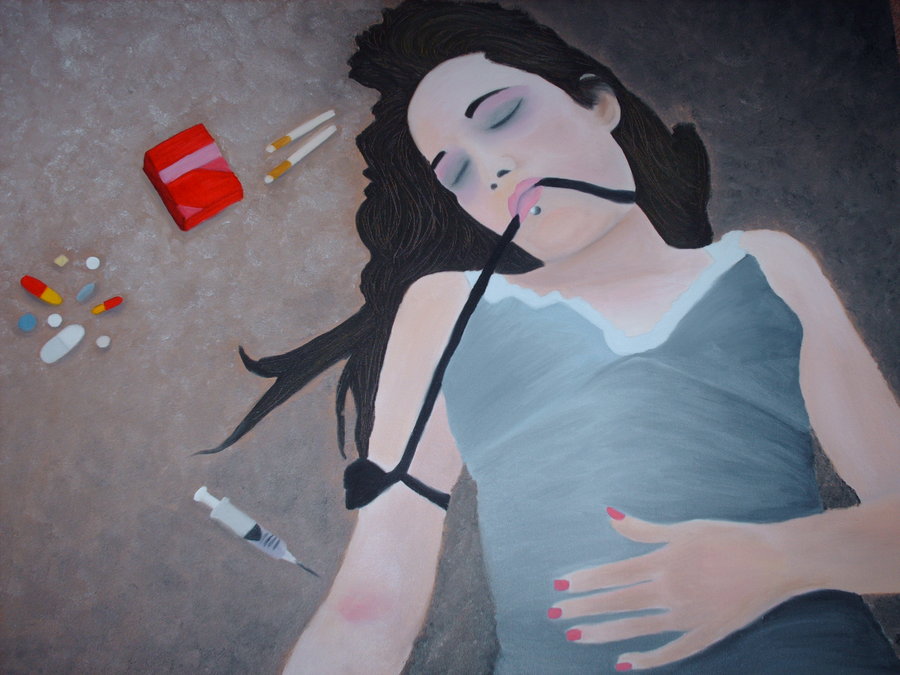Drug and alcohol addiction is not easy to beat. Many times going to drug or alcohol rehab is the best way for people to beat their addition, but they are still left with triggers. There are many triggers that will cause a relapse, even in the strongest person. The best thing that can be done is to learn what will trigger a relapse in an individual, as triggers are different for everyone. There are some key triggers that seem to be common amongst most individuals dealing with drug addiction.
#1. Identify Your Personal Triggers
Everyone reacts to things differently and because of this the triggers that are problematic for you, may not be problematic for others. Take the time to identify when you feel the least in control and when you have relapsed in the past. Understanding these triggers is the first step in changing your behavior so a relapse doesn’t occur again.

#2. Manage Your Stress
Society is very fast-paced and if you don’t have coping skills to deal with the stress of life, you may end up reverting to past drug use. Drugs can be very calming and soothe anxiety, which is why so many people turn to them. Determining what causes your stress and anxiety can be a key to reducing these triggers and balancing your life.
#3. Limit People/Places
Certain people can be bad influences on your road to recovery. They are either enablers to your problem or they are the cause of the stress and anxiety that turned you to drugs in the first place. Determining who these negative people are in your life is very important during your recovery phase. Limiting contact during this delicate time is the best way to avoid a relapse. Certain places are also triggers for a drug relapse. There may be a bar or a hangout that renews feelings of past drug uses and creates a trigger and a need to divulge in this behavior again. Avoiding these types of places during your recovery is very important on your road to a better you.
#4. Understand Your Emotions
Envy, jealousy, criticism, and rejection are all negative emotions for anyone to feel. But, as a recovering drug addict, limiting these negative emotions is the best way to stay on the right track.
#5. Be Careful of Memories
Taking a trip down memory lane is not always the best way to reduce triggers. Memories can trigger past drug escapades and may form a sense of nostalgia. Memories can be thought of in a positive light and the negative side is often forgotten. Try to focus on the negative outcome of your past drug use and how you felt when you hit rock bottom.
#6. Being Too Happy/Over-confident
I know this sounds weird, but being overly happy and confident can cause you to feel as if you have total control of life and will not succumb to a relapse. Many people think that they can handle one hit of whatever drug they used and then realize that they cannot and spiral into a relapse.
#7. Practice a Trigger Plan
It is silly to think that you are beyond triggers, as they are a natural part of recovering from drug addiction. Having a plan in order when a trigger begins is the best way to deal with this natural part of the process.
#8. Role-Play
Once you have your trigger plan in place, take some time to role-play and deal with the situation that could occur. Ask yourself questions and practice how you will answer then in a real-life scenario.
#9. Be Healthy
Keep your body healthy, so your mind can also be healthy. After drug use, your body needs time to heal and repair.
#10. Do Not Test Yourself
If you know a particular trigger, then stay away from it. There is no need to test yourself and prove how strong you are and it may backfire and lead to a relapse.
Everyone’s triggers are individualized and it is important to take the time to figure out what triggers work with your specific drug addiction. Knowing and understanding these triggers is the first step on the road to recovery. If there is ever a moment where you are falling back into a relapse, research places in your area, like drug rehab in Orange County, to use as your safety net if you spiral down too far. Decreasing these triggers will give you a fighting chance at a new life.

